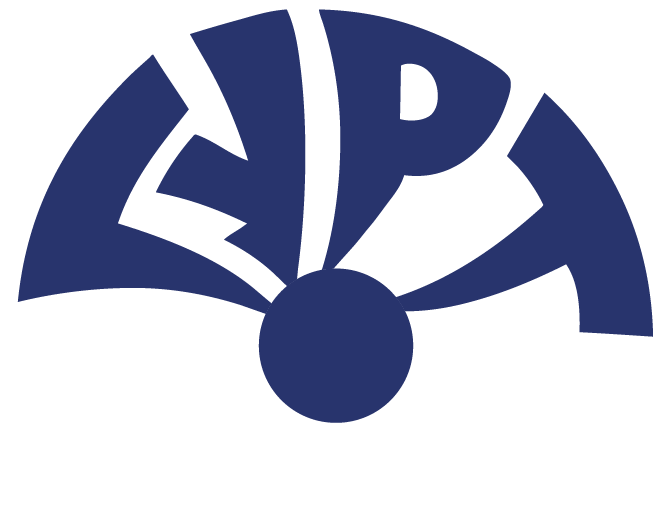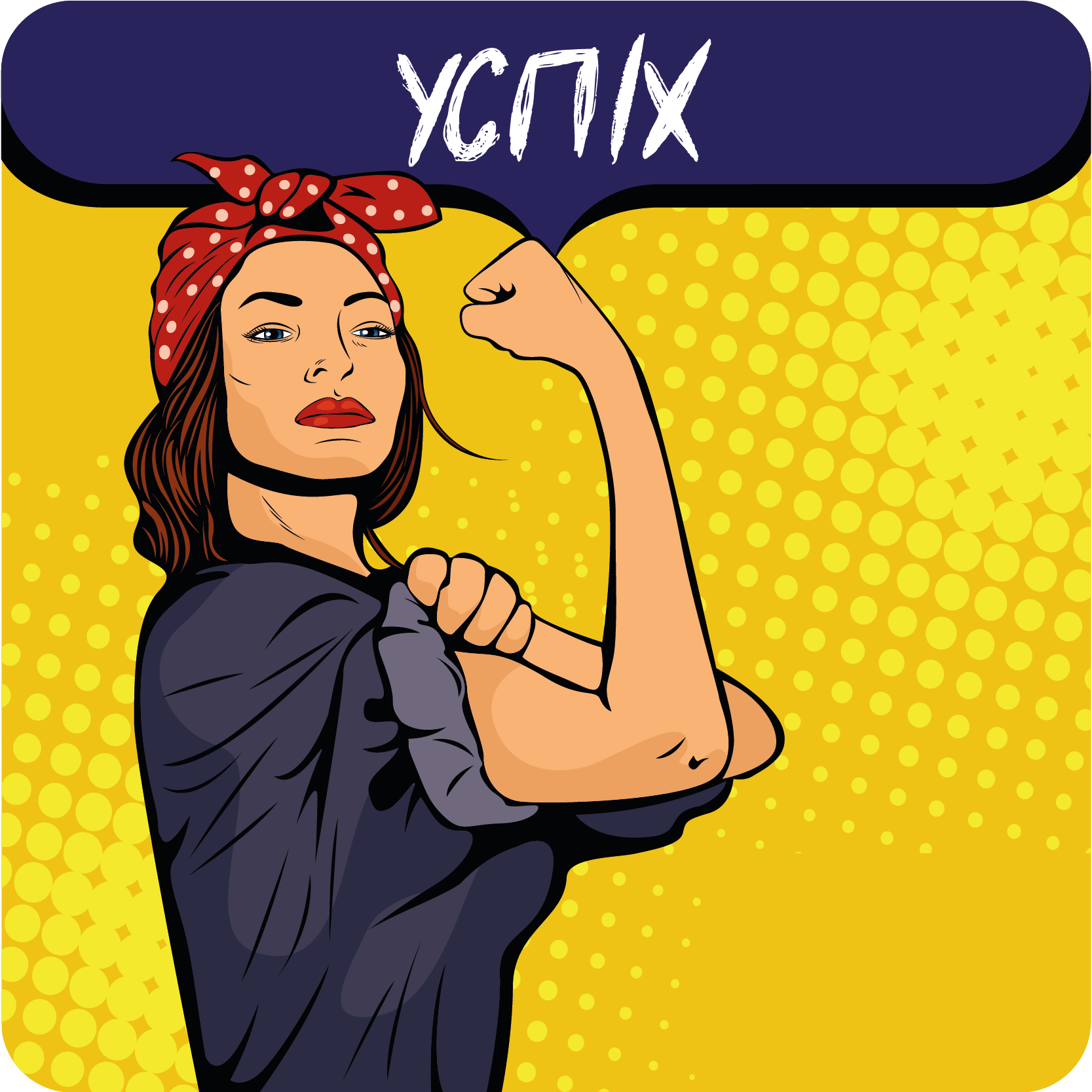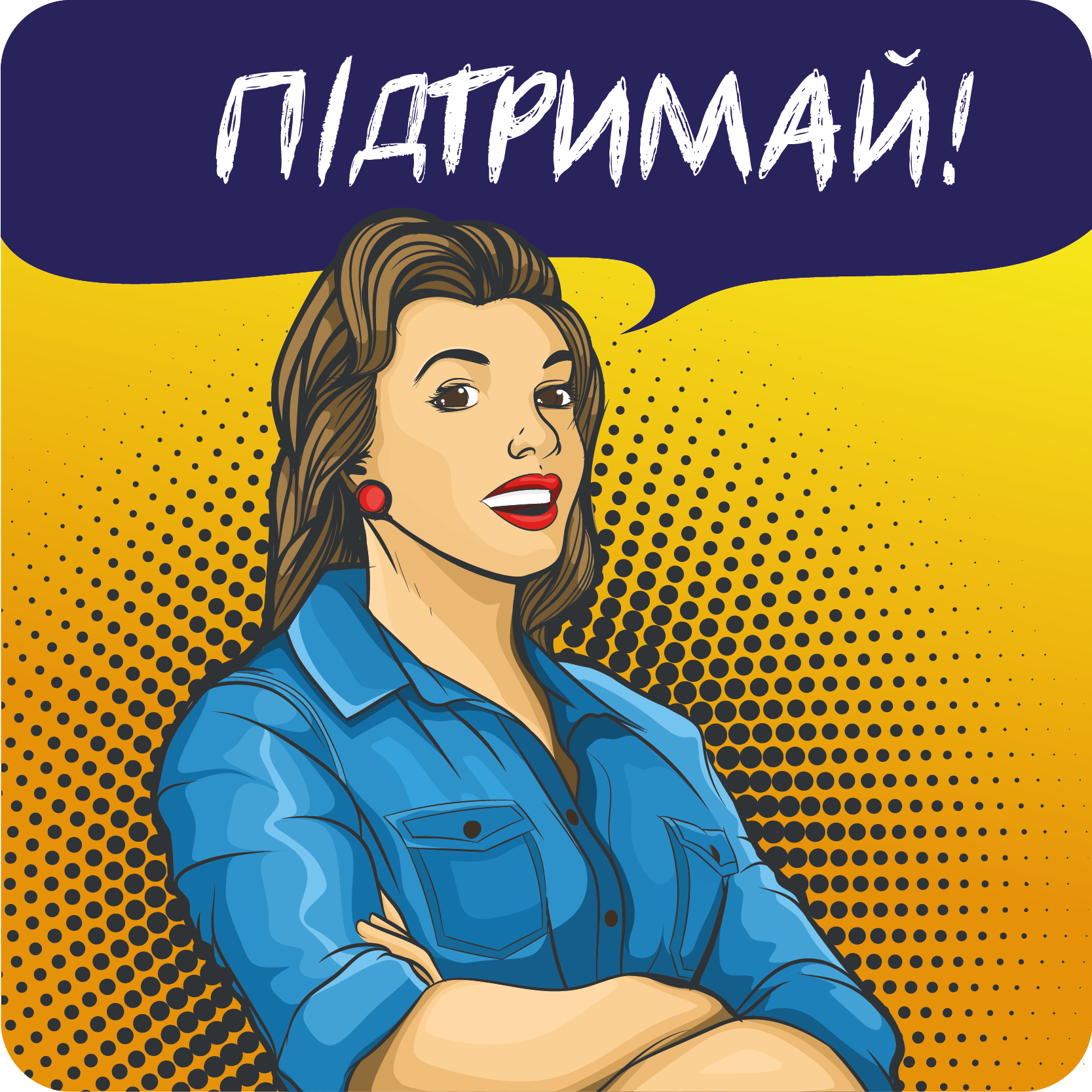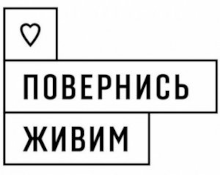


Національний консультант із ґендерно-чутливого бюджетування для ООН Жінки (Київ)
02.09.2016
Background
UN Women, grounded in the vision of equality enshrined in the Charter of the United Nations, works for the elimination of discrimination against women and girls; the empowerment of women; and the achievement of equality between women and men as partners and beneficiaries of development, human rights, humanitarian action and peace and security. UN Women work in Ukraine focuses on supporting the government and civil society in advancing gender equality and implementation of the national and international commitments. Since 2015 UN Women has been concentrating its interventions toward the realization of following strategic goals: women’s leadership and participation; implementation of women, peace and security agenda, including a humanitarian response, and gender responsive governance. UNWomen works closely with the UN Country Team in integration of women’s rights and gender equality in all spheres of UN work.
To support the government in the gender-responsive restoration of governance and reconciliation in crisis-affected communities of Ukraine UN Women in partnership with the UNDP will implement the EU-funded joint project on “Restoration of Governance and Reconciliation in crisis-affected communities in Ukraine”. The project will be implemented for 18 months in two target regions of Donetsk and Luhansk Oblasts of eastern Ukraine (Government-controlled Areas). The project aims to restore effective governance and promote peacebuilding and reconciliation in crisis-affected communities of Donetsk and Luhansk regions. The primary objectives of the programme are: to improve regional and local government capacity in gender-sensitive recovery planning and service delivery; to enhance community security for women and men in conflict-affected areas and to enhance the capacity of gender equality advocates and women affected by conflict through community/social mobilization to demand accountability and transparency in local decision-making processes.
The project will support the strengthening the capacity of the local and regional authorities and state service providers including local budget experts in gender mainstreaming into local policies, planning and budgets in 20 pilot Hromadas. The project will train local and regional authorities and service providers in gender equality principles and Gender-Responsive Planning and Budgeting (GRB) in order to sensitize them in gender responsive policies and increase their capacity to put in place more participatory processes for policy making which will be based on gender analysis. The project intervention will specifically target the state service providers and will provide training to at least one service provider from each of target 20 Hromadas to offer support services to marginalized women and other groups, such as child-care, safe/social spaces for survivors of gender-based violence and psychosocial services. After in-depth methodological training in gender sensitive service provision the service providers will apply updated and more beneficiary oriented methods to address the needs of most marginalized and integrate the gender equality principles into daily work including referral.
Specific emphasis will be on building capacity of local authorities and service providers to understand and apply GRB principles and contribute to implement the public polices ensuring the equal rights and opportunities for men and women at the expense of the budget funds, in order to adopt in the future the budget and programmes which take into account the specific needs of men and women. Project will strengthen the capacities of the regional and local authorities, after series of training they will be more aware about the gender issues and gender impact on the state budgets and programmes and deliver better on gender equality local commitments. This will contribute to improve the state budgets and programmes that they are more inclusive and support realization of gender equality. The GRB concepts will be introduced in two target Oblasts of Donetsk and Luhansk regions as flexible mechanism of developing the targeted policies to ensure the equitable distribution of resources for different social groups especially in conflict-affected communities.
In order to provide the capacity building of the local authorities and service providers inGRB methodology in the context of decentralization reform and restoration of governance in the conflict affected areas UN Women intends to select the national consultant that has sound experience in applying and teaching the GRB principles including developing the practical workshops, coaching how to mainstream GRBprinciples into the local plans and budgets, providing methodological training for the state actors in the context of Ukraine in line with the international standards. The national consultant will closely work with the UN Women hired national organization/think-tank that is expected to provide the introductory in-depth methodological training to the local and regional authorities. The national consultant will follow up after the initial trainings conducted by the hired organizational and provide practical workshops and coaching to regional and local authorities in 20 target Hromadas in gender analysis and budgeting with the intention to implement the GRB principles into the practices while they will be working on regional development strategies, local plans and budgets. The main task of the national consultant is to support the regional and local authorities during the daily work how to apply the learned knowledge and skills in GRB into practice and how to adjust the regional development plan and budgets accordingly in order to mainstream the GR principles into local policy development.
The local consultant will support the local authorities to improve quality, delivery and access to public services for vulnerable women and men. The joint project together with the UNDP will adapt the methodology for programme based budgeting and subsequently the methodology for gender responsive budgeting to Ukraine conditions. For this purpose already existing UN Women methodology for GRB and the results of piloting in 12 Ukrainian municipalities will be applied and adjusted to the needs of target Oblasts. [1]
Additionally to support the synergy within the project national consultant will support the joint meetings and participatory round tables between the project mobilized local women’s groups (both IDPs and conflict-affected women) and local and regional authorities. The women’s community groups will be formed within the community mobilization component of the project led by the UN Women local partner NGO in 20 pilot Hromadas. Prior to the joint meetings both target groups of the project will be trained in GRB [2], after receiving the training national consultant will liaise and cooperate with both groups and ensure that participatory discussions are planned and arranged in order to support the local discussions and dialogues between the right holders (mobilized women’s groups) and duty bearers (local and regional authorities). The joint round tables will create the dialogue between the civil society representative and local authorities about the gender related issues and protection concerns of the women’s groups that need to be addressed and take into consideration in the process of local policy making. The local consultant should serve as a facilitator of these round table meetings that will eventually increase the local mobilized women’s participation in local planning and budgeting and on the other hand will provide the local policy makers more aware of women’s protection issues and consider how to solve.
In this manner the project will support to build the capacity in GRB approach both of ‘duty bearers’ representatives of local governments in order to fulfill their obligations and ‘rights-holders’ to women’s groups to claim their rights. Increased capacity of local authorities and leader women’s groups in local communities in GRB principles will assist both of them to initiate and facilitate inclusive public hearings on the local budgets. The project will support the interaction and issue-based cooperation between the local authorities and service providers and mobilized women’s groups on local spending and budgets, this will ground the foundation to plan and implement the local joint community-governmental initiatives in the future.
[1] The Gender-Responsive Budgeting at the local level Project implemented by Friedrich Ebert Foundation in Ukraine and the Programme Increasing Accountability in Financing for Gender Equality (by UN Women) was completed in 2016 and produced the methodological hand book on “GRB in Ukraine: Theory and Practice”.
[2] By the UN Women hired national organization/think-tank that will provide training in all 20 target Hromadas.
Duties and Responsibilities
Under overall supervision of the UN Women Gender Advisor, and direct supervision and guidance of the UN Women Programme Specialist, the national consultant in close cooperation will implement the following tasks:
Task 1: Develop the work plan and methodology how she/he will approach the work:
-
Develop a work plan with detailed activities and timeline, including the number of field trips to Donetsk and Luhansk regions of the Government-controlled territory of eastern Ukraine; preliminary list of stakeholders in both target Oblasts including local and regional authorities and women’ groups, to conduct the initial meetings prior to organizing the GRB workshops. The list of potential target groups for meetings shall be discussed and agreed with UN Women Programme Specialist. Submit the work plan for approval to UN Women prior to the mission;
-
Liaise with the UN Women hired national organization/think-tank which will provide the methodological GRB training to the local and regional authorities and service providers in target Hromadas. Define with the organization the target groups for follow up practical GRB workshops and define further training needs and what should be the focus of the workshops;
-
Develop the outline and methodology of the practical GRB workshops and submit to the UN Women for approval.
-
Liaise and cooperate with the Joint Programme UNDP team in order to identify the entry points for cooperation and inclusion of the GRB principles into UNDPled capacity development training for local authorities in the context of decentralization in project target 20 pilot Hromadas.
Task 2: Assist the local and regional authorities to mainstream the GRBprinciples into the local plans and budgets:
-
Conduct the field visits in line with the UN Women approved work plan to project target locations of Luhansk and Donetsk oblasts (at least one preliminary mission in each region) in close cooperation with the UN Women National Programme Analyst based in Kramatorsk. The target locations will be identified in close cooperation between the UN Women and UNDP within the joint programme. The field visits will serve as a preparation stage for the further practical GRB workshops.
-
Conduct the follow up series of practical skills building GRB workshops after methodological GRB training that the local and regional administrations and state service providers will receive from the UN Women hired national organization. The local consultant will provide the skills building workshops with the intention of supporting local authorities in application of the GRBprinciples into local policies, plans, budgets in 20 pilot Hromadas.
-
Conduct the evaluation after the practical GRB workshops in order to report on the learning outcomes and results achieved through the workshops.
Task 3: Facilitate the regional and local joint round table meetings between the mobilized women’s groups and local authorities;
-
Plan and prepare the local and regional joint round table meetings in close cooperation with UNDP between the mobilized women’s groups and already trained local and regional authorities to discuss the priorities for the local and regional plans from gender perspective and thus facilitate inclusive public discussions/hearing on the local budgets;
-
Facilitate and conduct the local and regional joint round table meetings between the mobilized women’s groups and already trained local and regional authorities and discussing the possible implications for the vulnerable groups and discussing the strategies to reduce the disparities while local policy making in the context of decentralization in Luhansk and Donetsk regions;
-
Submit the final report in English of the work conducted highlighting the process, lessons learned and results achieved and ways forward for the project implementation;
The assignment will include at least 18 field trips to Donetsk and Luhansk regions and pilot Hromadas. The detailed schedule of field trips will have developed at the early stage of the consultancy.
Assignment Deliverables:
Deliverable 1. Work plan and methodology of the practical GRB workshops with indicting the target Hromadas and possible target groups for GRBworkshops submitted.
Approximate number of working days – 10 days, Timeframe- 25 September 2016
Deliverable 2. Conducted the practical GRB workshops for local and regional authorities and service providers in 20 target Hromadas.
Approximate number of working days – 55 days, Timeframe- 1 March, 2017
Deliverable 3. Conducted and facilitated joint round table meetings in close cooperation with UNDP between the mobilized women’s groups and local and regional authorities in Luhansk and Donetsk regions and final report in English submitted to UN Women.
Approximate number of working days – 30 days, Timeframe- 30 June, 2017
Inputs
-
UN Women will provide the national consultant with background materials and also with assistance from the project team during the field trips to target locations (vehicle, organizing meetings with the authorities and CSOs etc.)
-
The consultant is expected to work using her/his own computer, but he/she will be provided by access to use UN Women office during the field mission in Donbas.
Performance evaluation:
-
Contractor’s performance will be evaluated against such criteria as: timeliness, responsibility, initiative, communication, accuracy, and quality of the products delivered. The evaluation will be carried out and cleared by the hiring manager which will also be the basis for payment on a delivery by delivery basis to the consultant.
Financial arrangements:
-
Payment will be disbursed in three instalments upon receipt of the deliverables (as per above matrix) and their certification by the UN Women Programme Specialist that the work submitted is of the required standard and as per the requirements set out in the TOR and Work Plan.
The travel related costs will not be covered by UN Women, the consultant should submit the calculation of the travels including in the financial proposal.
Competencies
Core values/ guiding principles:
-
Integrity: Demonstrate consistency in upholding and promoting the values ofUN Women in actions and decisions, in line with the UN Code of Conduct.
-
Professionalism: Demonstrate professional competence and expert knowledge of the pertinent substantive areas of work.
-
Cultural sensitivity and valuing diversity: Demonstrate an appreciation of the multicultural nature of the organization and the diversity of its staff. Demonstrate an international outlook, appreciating difference in values and learning from cultural diversity.
Core competencies:
-
Ethics and Values: Demonstrate and safeguard ethics and integrity
-
Organizational Awareness: Demonstrate corporate knowledge and sound judgment
-
Development and Innovation: Take charge of self-development and take initiative
-
Work in teams: Demonstrate ability to work in a multicultural, multi ethnic environment and to maintain effective working relations with people of different national and cultural backgrounds
-
Communicating and Information Sharing: Facilitate and encourage open communication and strive for effective communication
-
Self-management and Emotional Intelligence: Stay composed and positive even in difficult moments, handle tense situations with diplomacy and tact, and have a consistent behavior towards others
-
Conflict Management: Surface conflicts and address them proactively acknowledging different feelings and views and directing energy towards a mutually acceptable solution.
-
Continuous Learning and Knowledge Sharing: Encourage learning and sharing of knowledge
-
Appropriate and Transparent Decision Making: Demonstrate informed and transparent decision making
Required Skills and Experience
Required Skills:
Qualifications Education:
- A bachelor’s degree in social sciences, finance and economy or a field relevant to the work required.
- A master’s degree is an asset.
Experience:
-
5 years of relevant experience in the field of human rights, gender equality, and/or advocacy especially with the focus on working for and with vulnerable and excluded groups, needs based advocacy, capacity building and training;
-
Previous experience with gender analysis and Gender-Responsive Budgeting in Ukraine with the focus on working with the local and regional administrations and city councils;
-
Proven knowledge and practical work experience in capacity building in Gender-Responsive Budgeting with the various stakeholders including local authorities, civil society groups, community groups etc.;
-
Experience with working with local and regional government;
-
Previous professional experience with development agencies and/or the United Nations is an asset.
Languages and other skills:
-
Proficient in written and oral Ukrainian, Russian and good knowledge of English;
-
Computer literacy and ability to effectively use computers, related software and standard applications for concise communication and development of complex written documentation.
Evaluation of Applicants:
Applications will be evaluated based on the cumulative analysis taking into consideration the combination of their qualifications and financial proposal. A two-stage procedure is utilised in evaluating the proposals, with evaluation of the technical proposal being completed prior to any price proposal being compared. The award of the contract should be made to the individuals whose offer has been evaluated and determined as:
- Responsive/compliant/acceptable
- Having received the highest score out of a pre-determined set of weighted technical and financial criteria specific to the solicitation.
Technical criteria, 70% of total evaluation – max 70 points:
The total number of points allocated for the technical qualification component is 70. The technical qualification of the individual is evaluated based on following technical qualification evaluation criteria:
Criterion A – Relevant education. Maximum obtainable points- 10.
Criterion B – Language and IT skills. Maximum obtainable points- 5.
Criterion C – Relevant Experience with total for all of the following criterion including the relevant experience in the field of human rights, gender equality, and/or advocacy especially working for and with vulnerable and excluded groups; previous experience with gender analysis and Gender-Responsive Budgeting; proven knowledge and practical work experience in capacity building in Gender-Responsive Budgeting; experience with working with local and regional government; and professional experience with development agencies. Maximum obtainable points- 55.
Total Obtainable Score- 70.
Financial/Price Proposal evaluation:
-
Candidates who fail to submit a price proposal will not be considered;
-
Only the financial proposal of candidates who have attained a minimum of 50points in the technical evaluation will be further considered and evaluated;
-
The total number of points allocated for the financial/price component is30; and
-
The maximum number of points will be allotted to the lowest price proposal that is opened/ evaluated and compared among those technical qualified candidates who have attained a minimum of 49 points in the technical evaluation. All other price proposals will receive points in inverse proportion to the lowest price.
Evaluation of submitted financial offers will be done based on the following formula: S = Fmin / F * 30
(S - score received on financial evaluation; Fmin - the lowest financial offer out of all the submitted offers qualified over the technical evaluation round; F - financial offer under the consideration).
Application and submission package:
The candidate’s application should include:
CV/P11*
A brief Letter of Interest containing the statement on candidate’s experience relevant to the requirements of the ToR.
Financial proposal. The financial proposal shall specify a total lump sum amount with a breakdown of a daily professional rate per number of anticipated working days to include all costs (daily subsistence allowance in Ukraine , in-country travel expenses other necessary costs to fulfill the assignment etc. The daily subsistence allowance and in-country travel costs will be covered by the consultant.)
* Completed and signed UN Women Personal History (P-11) form, that can be downloaded here.
Interested candidates are requested to apply no later than 9-00 am EET 07 September 2016 by submitting online 2 attachments:
1) technical (P-11, Letter of Interest ); and
2) financial proposals with a subject “UN Women Ukraine – National Consultant on Gender-Responsive Budgeting”.
All applications must include (as an attachment) the CV, letter of interest and the financial proposal. Applications without financial proposal will be treated as incomplete and will not be considered for further assessment.
UN Women applies fair and transparent selection process that would take into account the competencies/skills of the applicants as well as their financial proposals.
Контакти
- ООН Жінки в Україні
- http://bit.ly/2bOGgKf







Коментарі